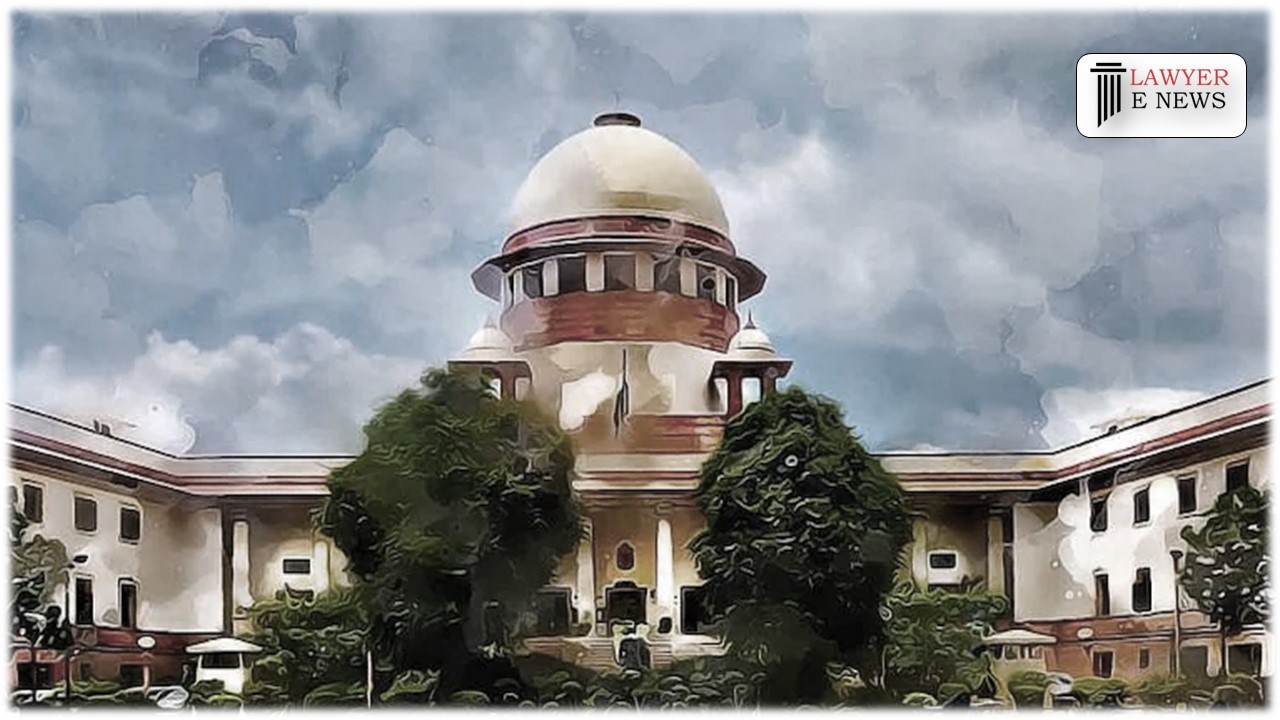-
by sayum
14 February 2026 2:22 PM



The Supreme Court of India has upheld the decision of the Delhi High Court, affirming the National Pharmaceutical Pricing Authority’s (NPPA) demand for recovery of overcharged amounts from Sun Pharmaceutical Industries Ltd. The apex court’s judgment emphasized the scope and authority of NPPA under the Drugs (Price Control) Order, 1995 (DPCO), and highlighted the importance of maintaining drug prices within the government-notified limits.
Sun Pharmaceutical Industries Ltd. challenged the demand notices issued by NPPA on February 8, 2005, and June 13, 2005, which sought to recover an overcharged principal amount of ₹2,15,62,077 and an interest amount of ₹2,49,46,256, aggregating to ₹4,65,08,333 for the drug Roscilox, a Cloxacillin-based formulation, sold at a price higher than that fixed by the government under the DPCO. The appellant had previously approached the Delhi High Court, which dismissed the writ petition and the subsequent appeal.
The central issue before the Supreme Court was whether Sun Pharmaceutical could be held accountable under Paragraph 13 of the DPCO. Paragraph 13 allows the government to recover amounts overcharged for drugs sold at prices exceeding those fixed by the government.
The Supreme Court observed that the definitions of "dealer," "distributor," and "wholesaler" under the DPCO are not mutually exclusive, implying that entities involved in the drug supply chain could perform overlapping roles. The appellant’s argument that it was merely a "dealer" and not a "distributor" was dismissed as the court found sufficient evidence suggesting that Sun Pharmaceutical played a dual role.
The court noted inconsistencies in Sun Pharmaceutical’s submissions regarding its relationship with Oscar Laboratories Pvt. Ltd. and Delta Aromatics Pvt. Ltd., from which it claimed to have purchased the drug. The lack of a consistent factual foundation and supporting documentation undermined the appellant's position.
The Supreme Court reinforced the DPCO’s objective of controlling drug prices to ensure affordability for the public. It stated that the provisions of the DPCO must be interpreted broadly to fulfill this purpose, rather than narrowly as suggested by the appellant. The appellant’s failure to produce a clear agreement or consistent narrative regarding its role in the drug distribution chain further weakened its case.
Justice Sanjay Kumar remarked, “The intent and purpose [of the DPCO] are to control the prices at which medicinal drug formulations are made available to the common man by holding out the threat of recovery of the higher prices charged for such drug formulations by those involved in their manufacture and marketing.”
By dismissing the appeal, the Supreme Court upheld the NPPA’s authority to recover overcharged amounts under the DPCO, reinforcing the regulatory framework aimed at ensuring drug price control. This judgment underscores the judiciary's commitment to upholding drug price regulations and serves as a precedent for similar cases in the pharmaceutical industry.
Date of Decision: July 15, 2024
M/S. Sun Pharmaceutical Industries Ltd. v. Union of India and Others
